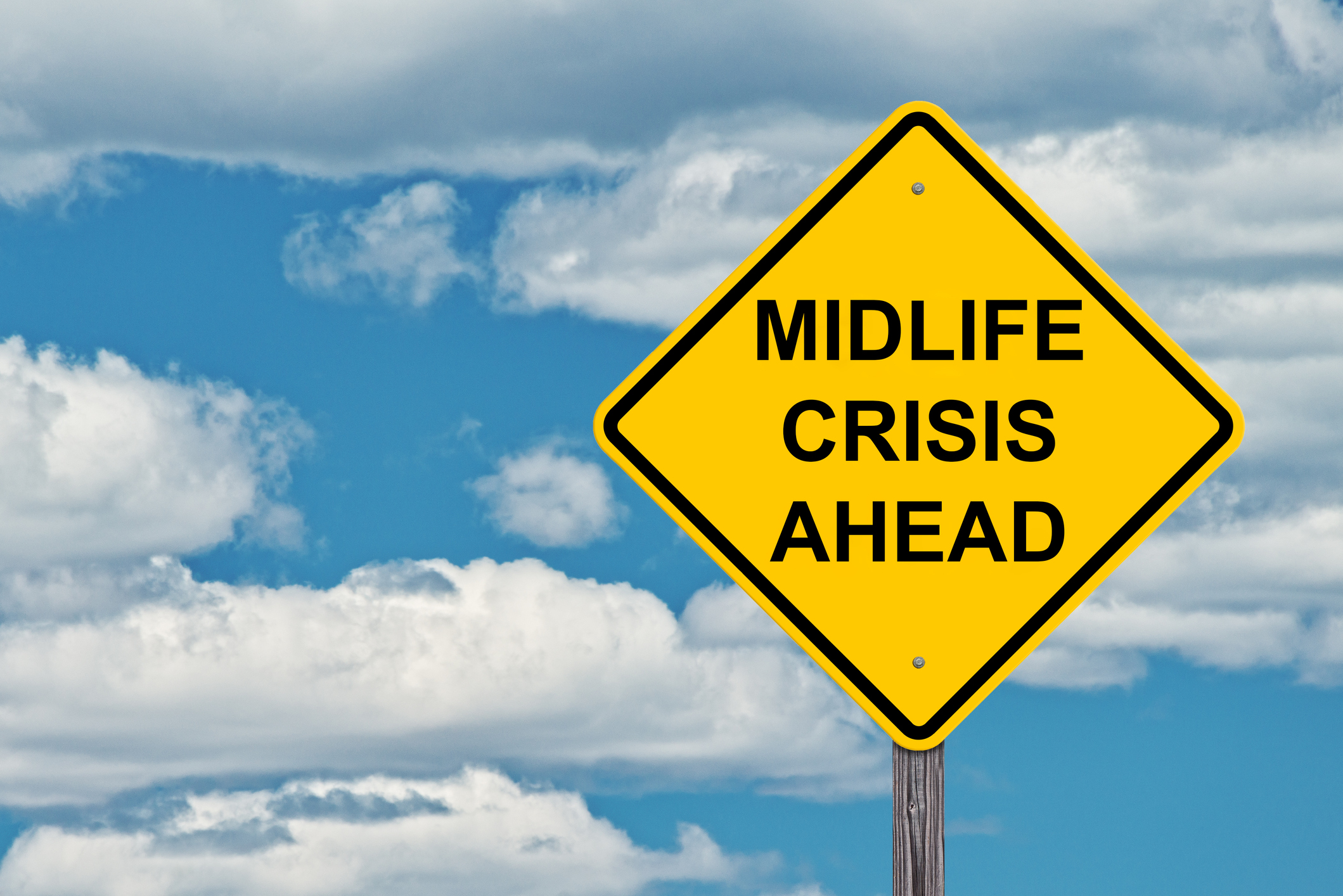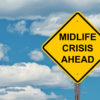Do you feel it? I do. It’s an exhaustion that I’ve never known before. Is it because I’m getting older? Probably. Is it because I’m juggling a lot at one time? Perhaps…but frankly that’s not anything new. Is it because of the last two years and COVID impacts? I’m sure that has something to do with it.
But the more likely reason is that fact that I’m 51, and I’ve packed a lot of living in those 51 years and intend to continue doing that for hopefully many years to come. I just lost my father and feel the pressure of making sure my mom is taken care of and doing well from the complete opposite side of the country in the opposite corner. I’m running two businesses. I have no doubt that I’m experiencing the start of menopause. I’m trying to plan for my retirement in an economy that wants to keep sending me signals that my retirement funds may not be enough between market volatility and healthcare costs. And I’m reassessing my priorities and how I want to spend my time. Yeah…I’m pretty sure that’s what people call a midlife crisis.
But crisis? I mean, yeah…I don’t want to stay in this exhausted stage forever. But the moment that you label something a crisis – people start to get nervous. Especially when it’s a woman…ohhhhh they hysteria. Which is why I don’t think this topic is talked very much in relation to women. And when it’s about men it’s boiled down to the need for a new car and perhaps a new partner. And…by the way…for some it is an actual crisis involving depression and anxiety that needs the assistance from trained professionals and the medical community.
No matter who you are this transition, as I’d prefer to call it, happens to a lot of people. And how we individually navigate it can be very, very different. But what I do know, is that it can be extraordinarily helpful when people talk about what they’re experiencing and realize they are not alone.
Which was my experience when I read Ada Calhoun’s 2020 book “Why We Can’t Sleep: Women’s New Midlife Crisis.” First and foremost this was a book that spoke to me as a Generation X woman. In case you haven’t noticed, not a lot of people are speaking to our generation – the forgotten generation. Ada spoke to several hundred women in this generation; a generation that was the first to be told they could officially “have it all.” We were grateful for that. Women fought for that. We had a responsibility to not get it wrong. However, there was no playbook for how that happens. So as a generation of women who felt the responsibility of that “privilege” and to not mess it up we’ve carried that on our shoulders, along with the added responsibility of aging parents who are living much longer, and children who are staying in the home longer.
So yeah…we’re exhausted. And as Ada shares, “largely overlooked.” We need to start talking about it and supporting each other.
According to a 2019 article from healthline, “Midlife crisis may be another name for the grief, exhaustion, and anxiety that can affect people for a prolonged period between ages 40 and 60. The origins may be physiological, emotional, or societal. Women are uniquely vulnerable to midlife malaise, not only because of the changes in our bodies, but because society demands that we be caretakers, breadwinners, and beauty queens all at once. And that’s enough to make anyone want to take the first tornado out of town.”
To this article, I would also add, in my experience – based on no official research other than the regular conversations with friends – we women usually put ourselves last and carry guilt for asking for help and prioritizing our self-care. (Because that would be admitting that we can’t handle “having it all”, right?). Plus, the image portrayed of women at this stage is that we have become old women, sexless, and undesirable. (Helen Mirren, Halle Berry, and Demi Moore have certainly kicked that idea to the curb in my opinion.) In fact, searching for age-appropriate photos of women ages 45-60 on stock photo sites gives me a myriad of photos captioned “senior woman” or “old woman” …are you kidding me?
Nora Ephron has a collection of short stories about this time in our lives called “I Feel Bad About My Neck: And Other Thoughts on Being a Woman.” The first short story which the books title takes says it all to me. She sits at a table of her closest friends and their all wearing some sort of neck covering, turtlenecks, scarves, etc. Because we know that the neck doesn’t lie. (I also think our hands give us away too.) I laughed so hard because the story is so true, and she is expressing what so many of us women are thinking and saying.
I think we should all take a cue from Ada and Nora and let’s as women start talking about midlife “crises” or “transitions” or whatever you want to call it. Let’s laugh about it, cry about it, and scream if needed. Let’s shake the guilt and feel confident in those moments that we need to ask for and seek out help from friends, family, and professionals. Let’s embrace our everchanging bodies and the lumps, curves, wrinkles that come with years of living life. Let’s let our grey hair blow in the wind or dye the heck out of it if we wish. But no matter what…we need to talk about it more. It would sure feel a heck of a lot less lonely if we did that.
For some additional information on Ada’s book and reading on the topic of women and mid-life crisis check out the below links:





